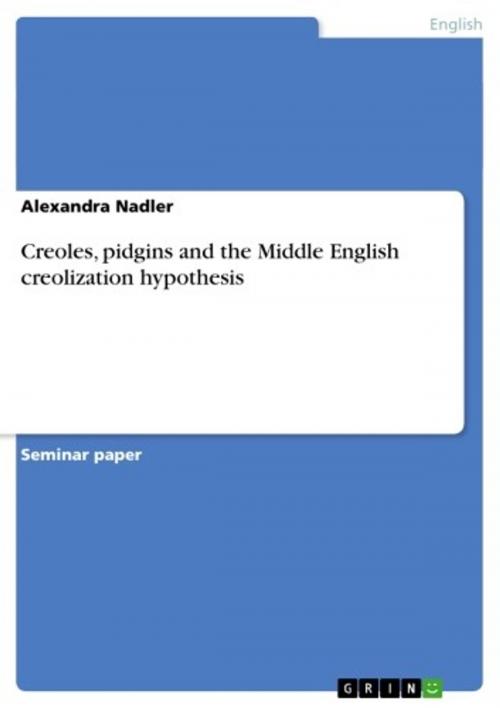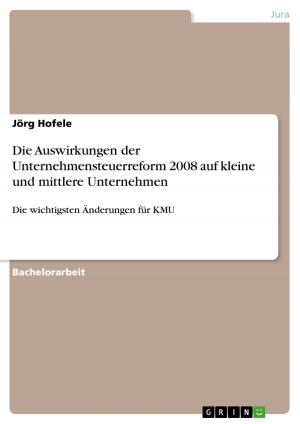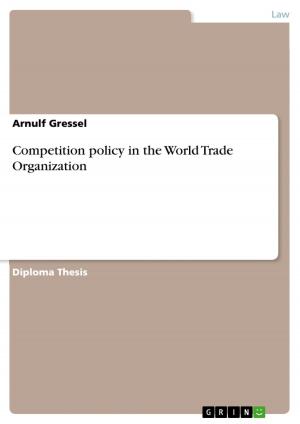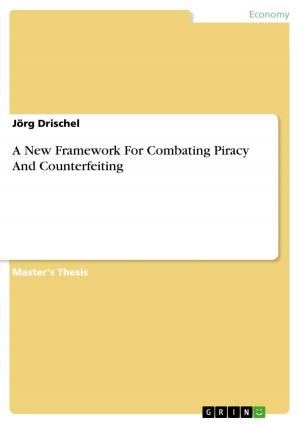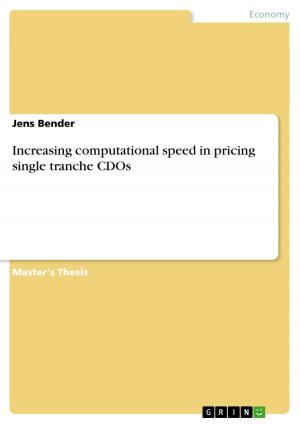Creoles, pidgins and the Middle English creolization hypothesis
Nonfiction, Entertainment, Drama, Anthologies| Author: | Alexandra Nadler | ISBN: | 9783638783934 |
| Publisher: | GRIN Publishing | Publication: | June 1, 2007 |
| Imprint: | GRIN Publishing | Language: | English |
| Author: | Alexandra Nadler |
| ISBN: | 9783638783934 |
| Publisher: | GRIN Publishing |
| Publication: | June 1, 2007 |
| Imprint: | GRIN Publishing |
| Language: | English |
Seminar paper from the year 2006 in the subject English Language and Literature Studies - Linguistics, grade: 1,7, University of Mannheim, course: Middle English, 14 entries in the bibliography, language: English, abstract: In earlier times, many people thought of pidgin and creole languages as broken, inferior and reduced and considered them altered versions of 'higher' (European) languages. The speakers of creole languages were frequently perceived as savage and affronting the civilized habits because they apparently could not speak the language fluently enough. It is not very long ago that linguists have actually understood that these languages are not 'wrong' but rather 'new' languages. In the late 1950s and early 1960s, pidgin and creole studies has become an important field within linguistics and more and more linguists got themselves interested in this field in more recent years. The publishing of numerous books and articles and the offering of various university courses on the topic has furthermore attributed to this development. Nevertheless still there is no precise definition of these groups of languages upon which all scholars can agree. In my term paper I will therefore begin by outlining the problematic situation of the definitions of these terms in order to find an acceptable basis to work with.
Seminar paper from the year 2006 in the subject English Language and Literature Studies - Linguistics, grade: 1,7, University of Mannheim, course: Middle English, 14 entries in the bibliography, language: English, abstract: In earlier times, many people thought of pidgin and creole languages as broken, inferior and reduced and considered them altered versions of 'higher' (European) languages. The speakers of creole languages were frequently perceived as savage and affronting the civilized habits because they apparently could not speak the language fluently enough. It is not very long ago that linguists have actually understood that these languages are not 'wrong' but rather 'new' languages. In the late 1950s and early 1960s, pidgin and creole studies has become an important field within linguistics and more and more linguists got themselves interested in this field in more recent years. The publishing of numerous books and articles and the offering of various university courses on the topic has furthermore attributed to this development. Nevertheless still there is no precise definition of these groups of languages upon which all scholars can agree. In my term paper I will therefore begin by outlining the problematic situation of the definitions of these terms in order to find an acceptable basis to work with.
